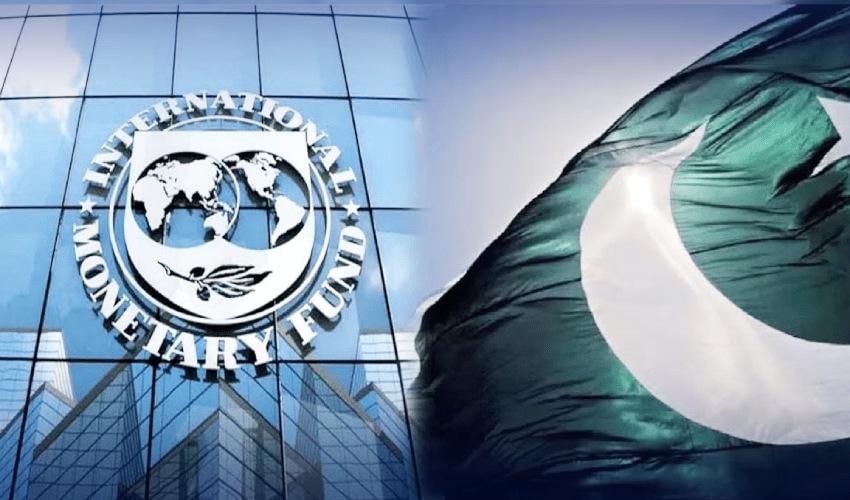News
IMF Sounds Alarm on Deep Corruption Across Pakistan's State Institutions

The International Monetary Fund (IMF) has issued a stark warning about deep and systemic corruption risks across Pakistan’s state institutions, according to its Governance and Corruption Diagnostic Assessment. The report lays out a comprehensive 15-point reform agenda and highlights “widespread governance weaknesses” that are undermining the country’s economic stability and public trust. The IMF found significant vulnerabilities across Pakistan’s budgeting, fiscal reporting, and public financial management systems. It flagged major concerns in capital spending, procurement processes, and oversight of state-owned enterprises, warning that these loopholes have created space for mismanagement, political manipulation, and rent-seeking.
The country’s tax system came under particularly sharp criticism. The IMF described it as overly complex, riddled with exemptions, and hampered by weak capacity within both tax and customs authorities. The judicial system was also identified as a major governance risk due to inefficiency, outdated legislation, and concerns regarding integrity and accountability among judges factors that weaken contract enforcement and investor confidence. One of the most significant targets of the IMF’s critique is the Special Investment Facilitation Council (SIFC). The fund noted a lack of transparency and external oversight in the council’s decision-making. It called for immediate public release of SIFC’s first annual report, including full disclosure of investment decisions, concessions granted, and their justifications. The IMF also recommended limiting the federal government’s discretionary powers and strengthening parliamentary supervision over major financial commitments.
Procurement-related corruption risks were singled out as especially urgent. The IMF urged the government to remove preferential treatment for state-owned enterprises and to mandate the use of digital platforms for all public procurements within the next year. It also warned that politically influenced budget allocations especially those favouring districts with strong political connections undermine fairness and distort national development priorities. The report stressed that without deep structural reforms, corruption will continue to erode public revenue, reduce the effectiveness of government spending, and weaken confidence in state institutions. It emphasised that anti-corruption efforts must be accompanied by stronger integrity mechanisms, increased transparency, and merit-based appointments to key regulatory bodies such as the National Accountability Bureau, Securities and Exchange Commission, and Competition Commission.
The IMF argued that Pakistan could significantly improve its economic trajectory projecting a growth boost of 5 to 6.5 percent over five years if the government implements the recommended reforms within the next three to six months. However, the fund warned that delay or selective implementation would only entrench corruption networks and worsen the country’s fiscal challenges. The assessment concludes that Pakistan stands at a critical juncture. Effective governance reforms and transparent, accountable institutions are essential not only for restoring public trust but also for safeguarding the country’s long-term economic future.
Disclaimer: This image is taken from minute mirror.



